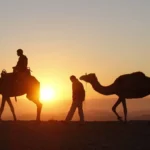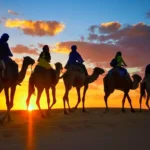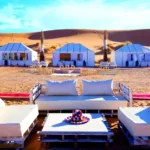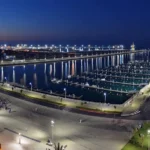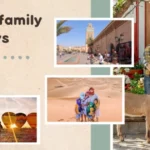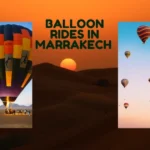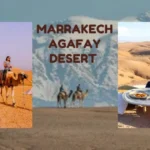Table of Contents
If you’re wondering, “Is it safe to travel to Morocco?” – you’re not alone. This question crosses the minds of thousands of travelers every year, and it’s a completely valid concern when planning your journey to this enchanting North African kingdom. The good news? Your dream Moroccan adventure is achievable with the right knowledge and preparation.
Key Takeaway: Is It Safe to Travel to Morocco?
Overall Verdict: Yes, Morocco is a safe country for travelers, with a record 17.4 million tourists visiting in 2024, up 20% from the previous year. However, like any destination, it requires awareness and common sense. The U.S. Department of State classified Morocco as a level 2 threat risk, with the maximum level risk being 4. Petty crime (like pickpocketing) and scams are the main concerns, while violent crime in Morocco is rare and rarely targets foreigners. Safety levels can vary based on your location and travel style. This guide will give you the practical tools you need to travel with confidence.
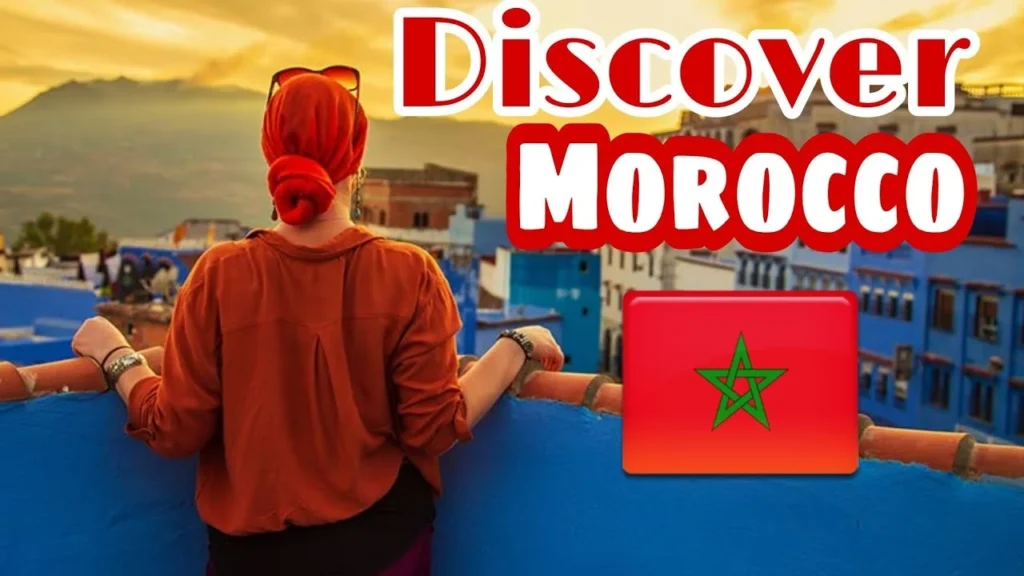
Understanding the Big Picture: Crime, Terrorism & Cultural Norms
Terrorism Risk
Let’s address the elephant in the room first. The U.S. State Department advises to “Exercise increased caution in Morocco due to terrorism,” noting that terrorist groups continue plotting possible attacks. However, context is crucial here. Security forces have effectively thwarted most terrorist threats, so tourists can generally feel safe.
Morocco’s security apparatus is highly sophisticated and effective. There haven’t been any major terrorist incidents within the country in years, going back to the 2011 bombing in Marrakech. The Moroccan government takes tourism security seriously – it’s one of their primary economic drivers, after all.
Petty Crime vs. Violent Crime
Understanding the difference between these two categories is essential for Morocco travel safety. The most common crimes in Morocco are pickpocketing, robberies, and purse snatching. Violent crimes like murders and rapes are less frequent. Morocco’s Directorate of National Security reported a 10 percent decrease in overall crime in the country in 2023, and a 25 percent decrease in murders, assaults, and deadly injuries.
The crime rating of Morocco is moderate, sitting at 46.63. When it comes to the types of crime, Morocco mostly deals with property crimes. This means your biggest concern will be protecting your belongings rather than fearing for your physical safety.
The Culture of “Hustle”
Here’s where many travel guides get it wrong. What many visitors perceive as “dangerous scams” are often just part of Morocco’s vibrant, aggressive sales culture. Morocco travel advice should include understanding this cultural context. Vendors, guides, and shopkeepers are incredibly persistent – it’s their livelihood. This isn’t malicious; it’s survival in a competitive marketplace.
The key is learning to navigate this culture with confidence rather than fear. A polite but firm “La, shukran” (No, thank you) in Arabic goes a long way, and most locals will respect your boundaries once you establish them clearly.
Safety for YOU: A Demographic-Specific Breakdown
Is Morocco Safe for Solo Female Travelers?
Solo female travel in Morocco requires extra preparation, but it’s absolutely doable. The U.S. State Department advised that visitors, especially females, “should make a concerted effort” to stay safe. Here’s your practical guide:
Clothing Guidelines:
- Cover your shoulders and knees in public spaces
- Bring a lightweight scarf for entering mosques
- In coastal cities like Casablanca, dress codes are more relaxed
- In rural areas and religious sites, err on the side of conservatism
Handling Unwanted Attention:
• Learn key phrases: “Barak Allah fik” (God bless you) is a polite way to end conversations
• Walk with confidence and purpose
• Consider wearing a fake wedding ring
• Stay in well-reviewed riads with good security
• Use reputable transportation services
The Benefits: Despite the challenges, Morocco offers incredible hospitality to female travelers. You’ll often receive special treatment, invitations to family dinners, and genuine warmth from local women who are eager to share their culture.
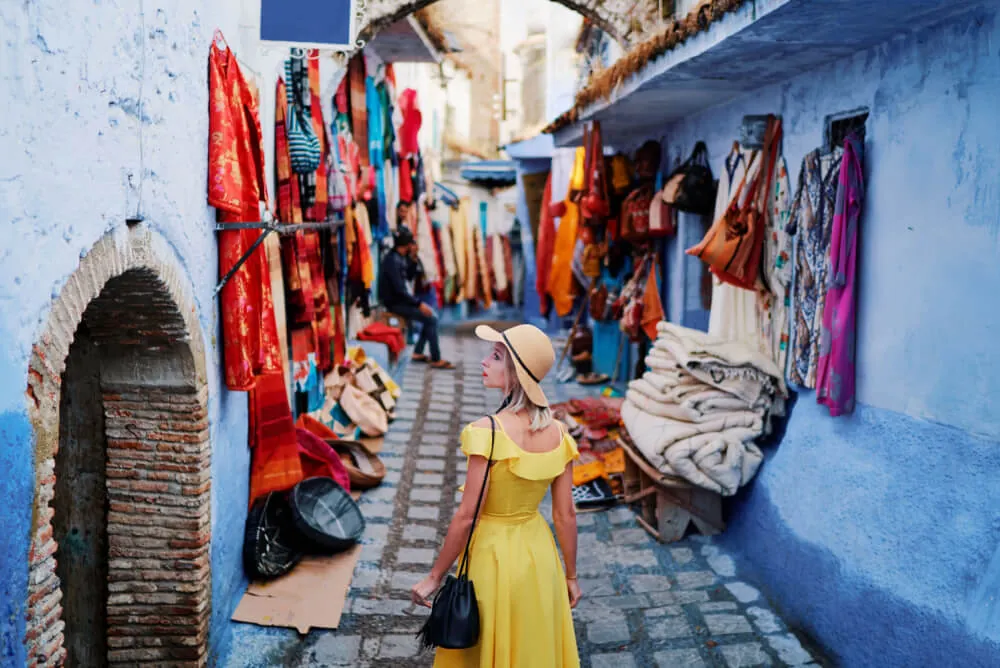
Is Morocco Safe for Families with Children?
Morocco is wonderfully family-friendly. The culture adores children, and you’ll find that traveling with kids often opens doors to authentic experiences. Moroccan families are large and child-centric, so your little ones will be welcomed everywhere.
Family Safety Tips: • Book family-friendly riads with secure courtyards • Stick to bottled water for children • Bring familiar snacks for picky eaters • Use sun protection – the African sun is intense • Consider hiring a private guide for historical sites
Kid-Friendly Activities: Morocco offers incredible experiences for families, from camel rides in the Sahara to exploring the colorful souks of Marrakech. The Atlas Mountains provide excellent hiking opportunities for older children.
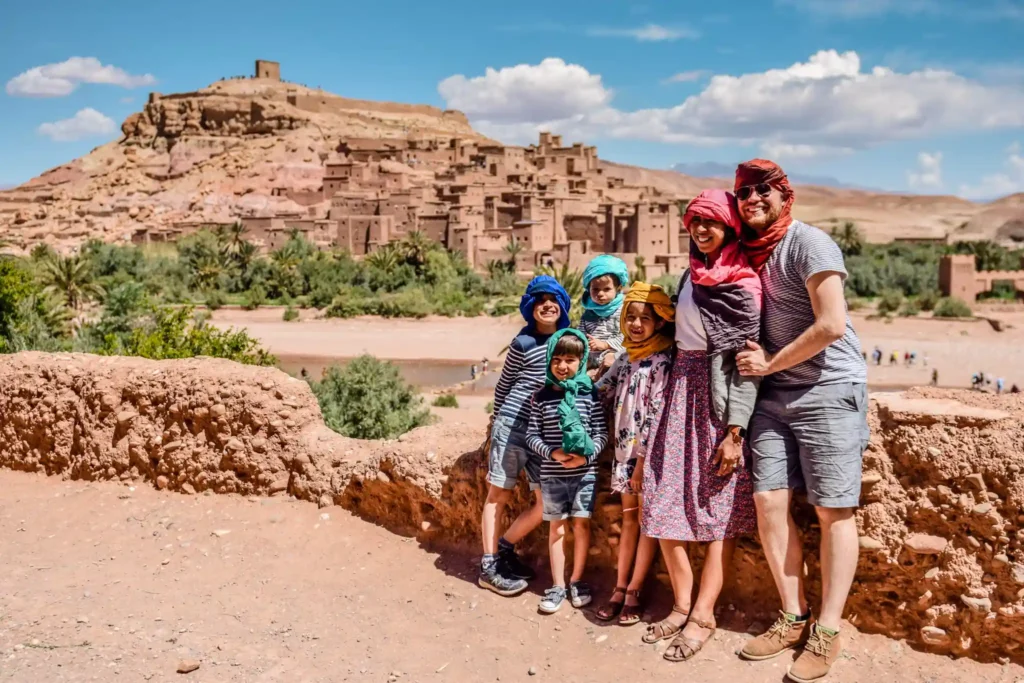
Is Morocco Safe for LGBTQ+ Travelers?
This requires an honest conversation. Sexual acts between members of the same sex or outside marriage are illegal in Morocco. However, the practical reality for tourists is quite different from the legal framework.
Practical Advice: • Book private rooms in reputable accommodations • Avoid public displays of affection (this applies to all couples) • Major cities like Marrakech and Casablanca are more tolerant • Consider joining LGBTQ+ travel groups for added support • Research your specific accommodations beforehand
Many LGBTQ+ travelers visit Morocco without incident by exercising discretion and choosing their accommodations carefully.
Is Morocco Safe for Jewish or American Travelers?
Morocco has a rich Jewish heritage and maintains diplomatic relations with Israel. The country is home to historical Jewish quarters in cities like Fes and Marrakech, and Jewish heritage sites are well-preserved and celebrated.
American travelers are generally welcomed warmly. Any geopolitical tensions rarely affect individual tourists, and Moroccans are skilled at separating politics from hospitality.
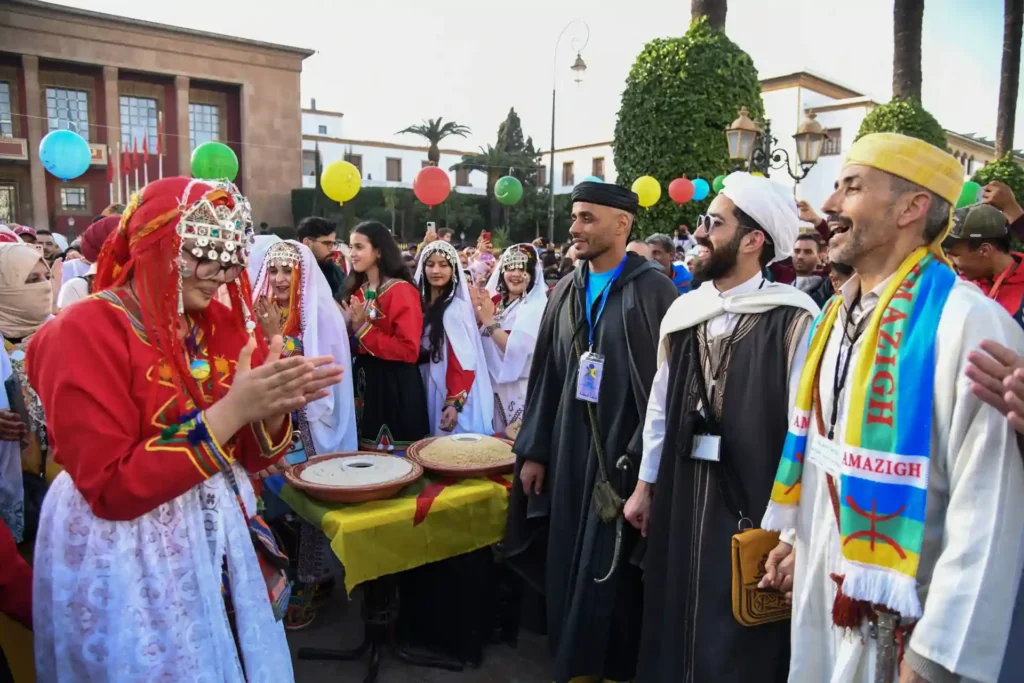
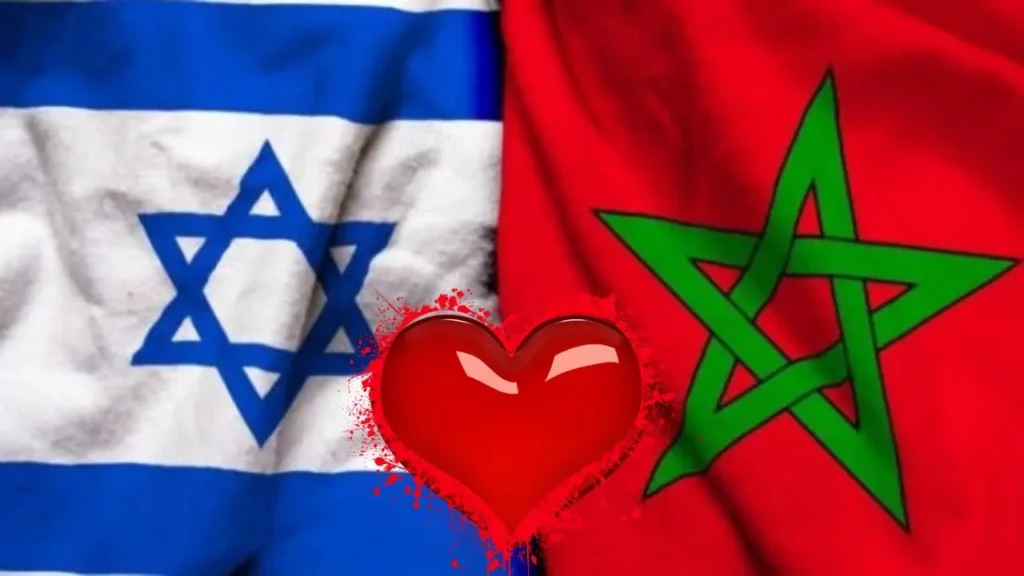
The On-the-Ground Safety Playbook: Your Practical Guide
Top 10 Common Scams in Morocco and How to Avoid Them
Understanding these common scams is crucial for Morocco travel safety:
- The Fake Guide Scam
- Someone approaches, claiming to be an official guide
- Avoid: Only use licensed guides with official badges
- Response: “I already have a guide, thank you.”
- The “My Cousin’s Shop” Scam
- A friendly local offers to show you the “best” shop
- Avoid: Shop where you choose, not where you’re led
- Response: Politely decline and walk away
- The Spilled Tea Scam
- Someone “accidentally” spills something on you
- Avoid: Be wary of overly helpful strangers
- Response: Firmly refuse help and check your belongings
- The Tannery is Closed Scam
- Fake guides claim popular sites are closed
- Avoid: Verify information independently
- Response: Go see for yourself or ask at your hotel
- The Aggressive Henna Ladies
- Women force henna on your hands, then demand payment
- Avoid: Keep your hands to yourself in tourist areas
- Response: Firmly say no and don’t extend your hands
- The Carpet Seller’s Tea
- Invited for “free” tea, then pressured to buy carpets
- Avoid: Only accept invitations you’re comfortable with
- Response: It’s okay to leave if you feel pressured
- The Overcharging Taxi
- Drivers quote inflated prices to tourists
- Avoid: Always negotiate or use the meter
- Response: Know approximate prices beforehand
- The “Berber Pharmacy” Scam
- Fake traditional medicine shops with inflated prices
- Avoid: Buy from licensed pharmacies
- Response: Research legitimate cooperatives
- The Photography Fee
- Demands for payment after taking someone’s photo
- Avoid: Always ask permission before photographing people
- Response: Agree on terms before taking photos
- The Restaurant Menu Switch
- Different menus with different prices for tourists
- Avoid: Ask for the menu with prices before ordering
- Response: Confirm prices before eating
Transportation Safety: Taxis, Trains, and Buses
Morocco’s transportation system is generally safe and efficient. Here’s what you need to know:
Petit Taxis (Small Taxis): • Only operate within cities • Should use meters – insist on this • Maximum 3 passengers • Don’t travel between cities
Grand Taxis (Large Taxis): • Used for longer distances • Often shared with other passengers • Negotiate price beforehand • Usually older Mercedes vehicles
Trains: • ONCF operates excellent train services • First-class carriages are comfortable and safe • Book tickets in advance for popular routes • The high-speed train between Casablanca and Tangier is world-class
Buses: • CTM and Supratours are reliable companies • Air-conditioned and comfortable • Book tickets in advance • Keep valuables secure
Food and Water Safety: How to Eat Well Without Getting Sick
Moroccan cuisine is incredible, but stomach issues can ruin your trip. Follow these simple rules:
The Golden Rule: “If you can’t peel it, boil it, or cook it, forget it.”
Water Safety: • Drink bottled water exclusively • Avoid ice in drinks • Use bottled water for brushing teeth • Be cautious with fresh juices from street vendors
Food Safety: • Eat at busy restaurants with high turnover • Avoid street food unless it’s cooked fresh in front of you • Be cautious with dairy products • Wash hands frequently
Safe Food Choices: • Tagines and couscous from reputable restaurants • Fresh bread (khubz) – it’s baked daily • Mint tea – the water is boiled • Fresh fruit you can peel yourself
City & Region Safety Deep Dive
Marrakech Safety
Marrakech is Morocco’s most visited city, and its safety measures reflect this status. The medina can be overwhelming, but it’s generally safe during daylight hours.
Key Safety Tips: • Stay in the main tourist areas after dark • Use official taxis or ride-sharing apps • Be extra vigilant against pickpockets in Jemaa el-Fnaa square • Book accommodations in well-established riads • Consider hiring a guide for your first medina exploration
Safe Areas: • Gueliz (the new city) – modern and well-lit • Majorelle Garden area – upscale and secure • Main tourist riads – well-established hospitality network
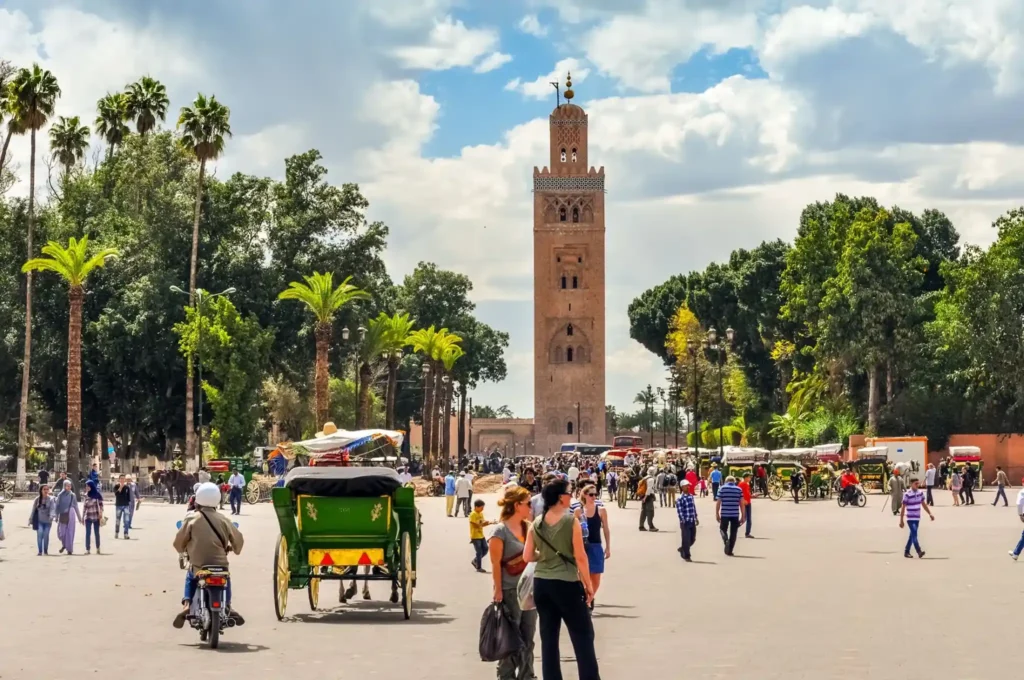
Fes Safety
Fes, with its ancient medina, requires extra navigation skills but is incredibly rewarding. The medina is a UNESCO World Heritage site and well-patrolled.
Fes-Specific Tips: • The medina is genuinely confusing – consider a guide • Leather tanneries can be overwhelming – go with a reputable guide • Stay in the Ville Nouvelle for more modern amenities • The medina is safe during day hours but avoid late-night wandering
Chefchaouen & The North Safety
The blue city of Chefchaouen is one of Morocco’s safest destinations. The northern region is generally peaceful and welcoming.
Northern Morocco Highlights: • Chefchaouen is incredibly safe and relaxed • Tangier has improved significantly in recent years • The Rif Mountains offer excellent hiking opportunities • Cannabis cultivation areas should be avoided
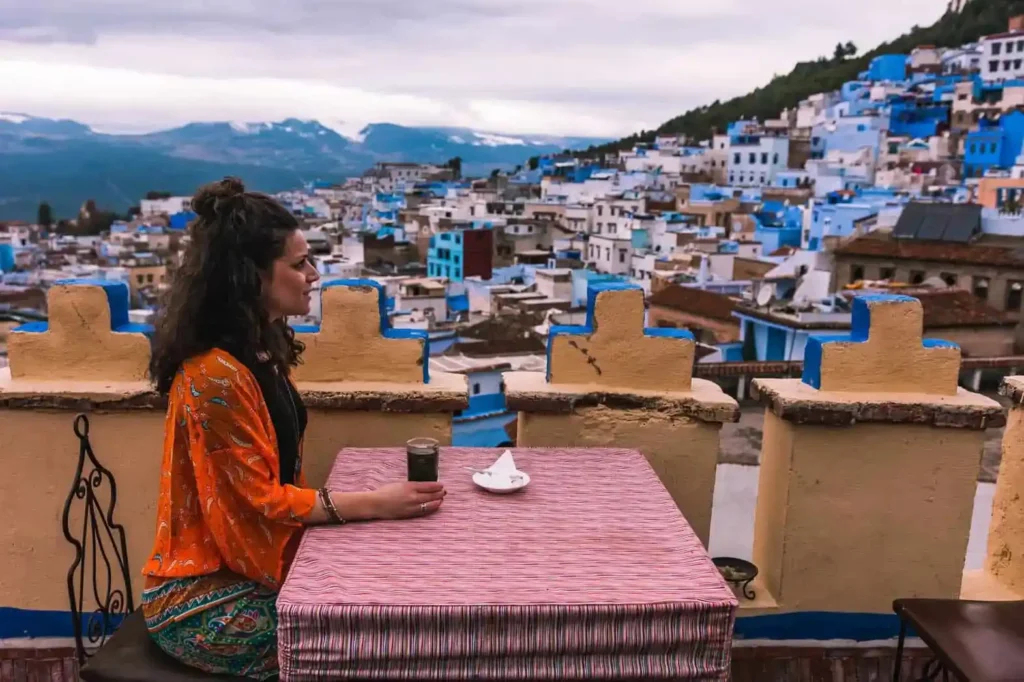
Sahara Desert & Tour Safety
Desert tours are among Morocco’s most popular experiences. Choose reputable operators for your safety.
Desert Safety Essentials: • Book through established tour companies • Verify insurance coverage • Bring warm clothing – desert nights are cold • Stay hydrated and use sun protection • Follow guide instructions during camel treks
Recommended Desert Bases: • Merzouga – gateway to Erg Chebbi dunes • Zagora – closer to Marrakech but smaller dunes • M’Hamid – less touristy but more remote
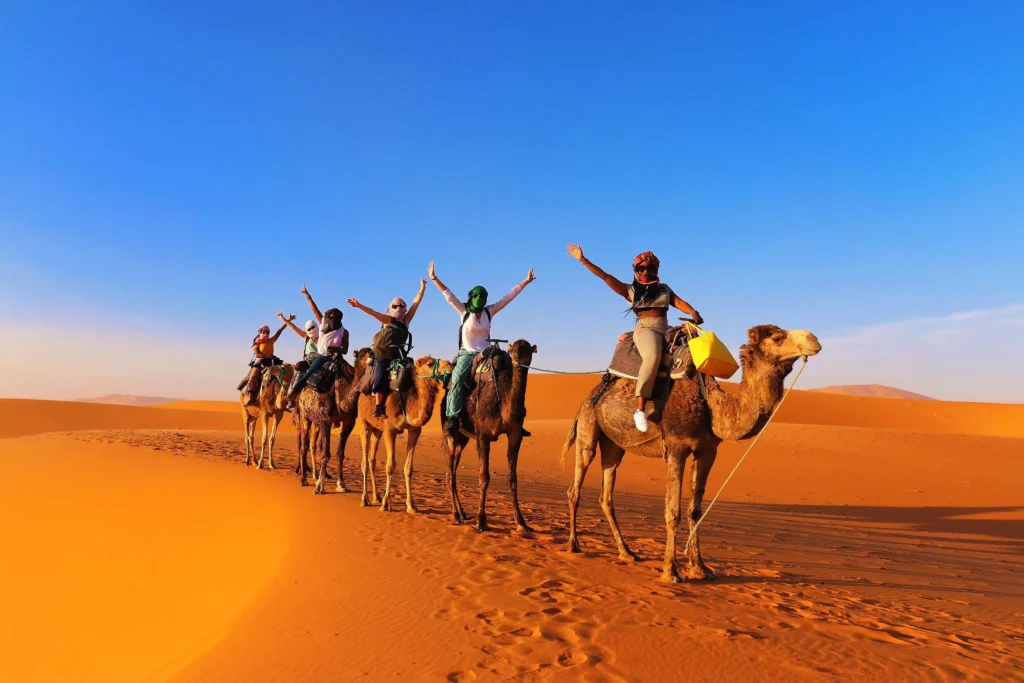
The Ultimate Morocco Safety FAQ
1. What should I avoid in Morocco?
Avoid excessive displays of wealth, public intoxication, public displays of affection, and wandering alone in remote areas after dark. Also avoid discussing sensitive political topics and photographing people without permission.
2. Is it safe to walk around Marrakech at night?
Stick to well-lit, populated areas like the main squares and tourist districts. Avoid wandering the medina alleys alone after 10 PM. The Gueliz area is generally safe for evening strolls.
3. Do I need any specific vaccinations for Morocco?
No special vaccinations are required for Morocco. However, ensure routine vaccinations (MMR, DPT, flu) are up-to-date. Consider hepatitis A and typhoid vaccines if you plan to eat street food extensively.
4. Can I drink tap water in Morocco?
No, stick to bottled water. Tap water isn’t recommended for tourists as it may contain bacteria your system isn’t accustomed to. Bottled water is widely available and inexpensive.
5. What is the emergency number in Morocco?
• Police: 19 • Fire: 15 • Medical Emergency: 15 • Tourist Police: 0524 38 46 01 (Marrakech)
6. Is haggling considered rude in Morocco?
No, haggling is expected and part of the culture. Start at about 30% of the asking price and negotiate from there. It’s a social interaction, not a confrontation.
7. How should a female tourist dress in Morocco?
Cover shoulders and knees in public. Bring a scarf for mosque visits. Coastal cities are more relaxed, but conservative dress is always respectful. Avoid tight-fitting clothes and low necklines.
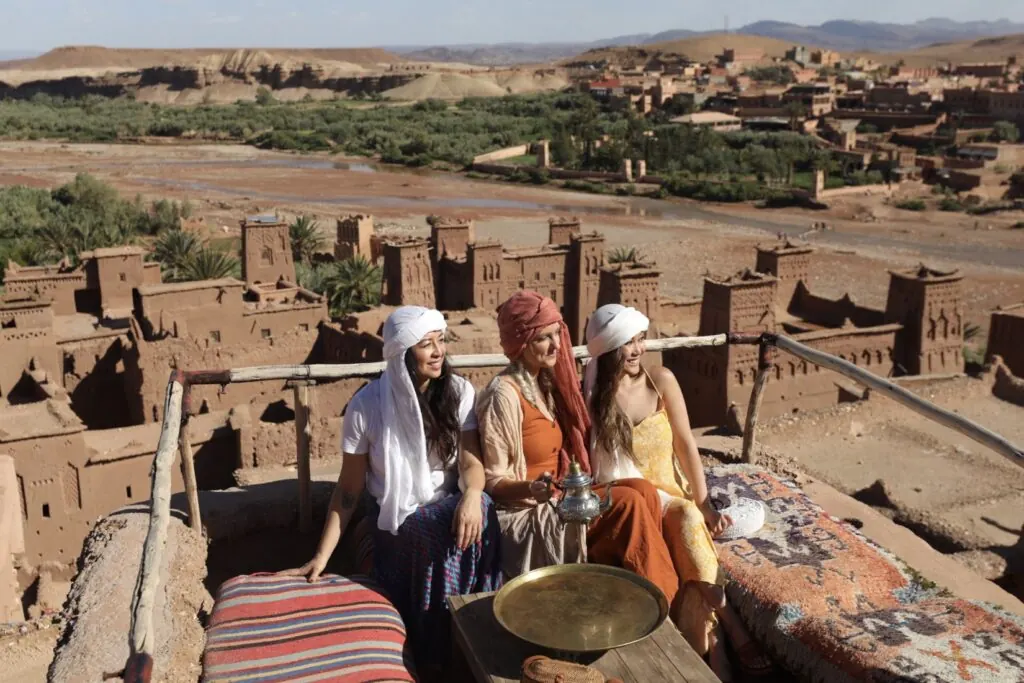
Your Morocco Adventure Awaits
Morocco is safe, welcoming, and absolutely incredible when you’re properly prepared. The country’s tourism success – 35% ahead of 2019 figures and confirming Morocco’s position as the number one destination in Africa – speaks to its safety and appeal.
With over 17 million visitors in 2024, Morocco has proven itself as a destination that can be explored safely by travelers of all backgrounds. The key is preparation, cultural awareness, and common sense.
Remember, every destination has its challenges, but Morocco’s rewards far outweigh the risks. From the bustling souks of Marrakech to the serene dunes of the Sahara, from the blue streets of Chefchaouen to the ancient medinas of Fes, Morocco offers experiences that will stay with you forever.
Ready to explore Morocco safely? At Desert Merzouga Tours, we specialize in creating secure, authentic, and unforgettable Moroccan experiences. Our professional guides, premium transportation, and carefully selected accommodations ensure your Morocco travel safety while providing the cultural immersion you’re seeking.
Do you have another safety question about Morocco? The beauty of traveling to Morocco lies not just in its stunning landscapes and rich culture, but in the confidence that comes from being well-prepared. Your Moroccan adventure is waiting – and it’s safer than you think.
Planning your Morocco trip? Desert Merzouga Tours offers customized, secure journeys across Morocco’s most beautiful destinations. From the imperial cities to the Sahara Desert, we handle all the logistics so you can focus on creating memories. Contact us to start planning your safe and spectacular Moroccan adventure.

